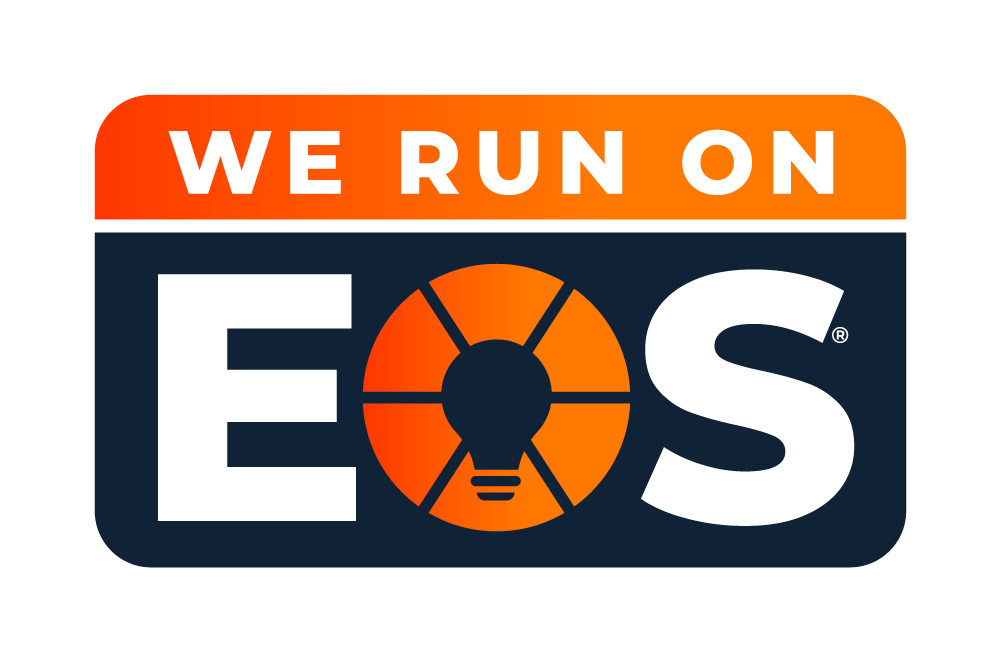Written By: Counseling Works’ HR Department
When choosing your next mental health job, salary isn’t the only number that matters—retirement benefits should be part of your decision, too. Whether you’re a newly licensed therapist or a seasoned clinician, understanding the difference between a 401(k) and an IRA can help you build long-term financial security, especially if you’re comparing group practice opportunities.
A 401(k) is an employer-sponsored retirement plan that allows you to contribute a portion of your paycheck pre-tax, lowering your taxable income now while saving for the future. Many employers also offer a match (for example, contributing 5% if you do)—which is essentially free money. An IRA (Individual Retirement Account), by contrast, is something you open on your own, outside of your employer. While both help you grow retirement savings, IRAs typically have lower contribution limits and no matching.
For therapists, especially those in private practice or contractor roles, an IRA might be the only option—but it’s limited. Having access to a 401(k) through your employer is a huge advantage. You can contribute more money per year (up to $23,000 as of 2025 if you’re under 50), and employer contributions don’t count against your limit. Plus, contributions are automated through payroll, making saving easier and more consistent.
At our group practice, we’re proud to offer a 401(k) with employer match, because we believe mental health professionals deserve long-term security—not just short-term paychecks. If you’re ready to work in a setting that supports both your clinical growth and your financial future, we’d love to connect with you.
👉 Click here to view our Careers Page and learn more about joining our team!






